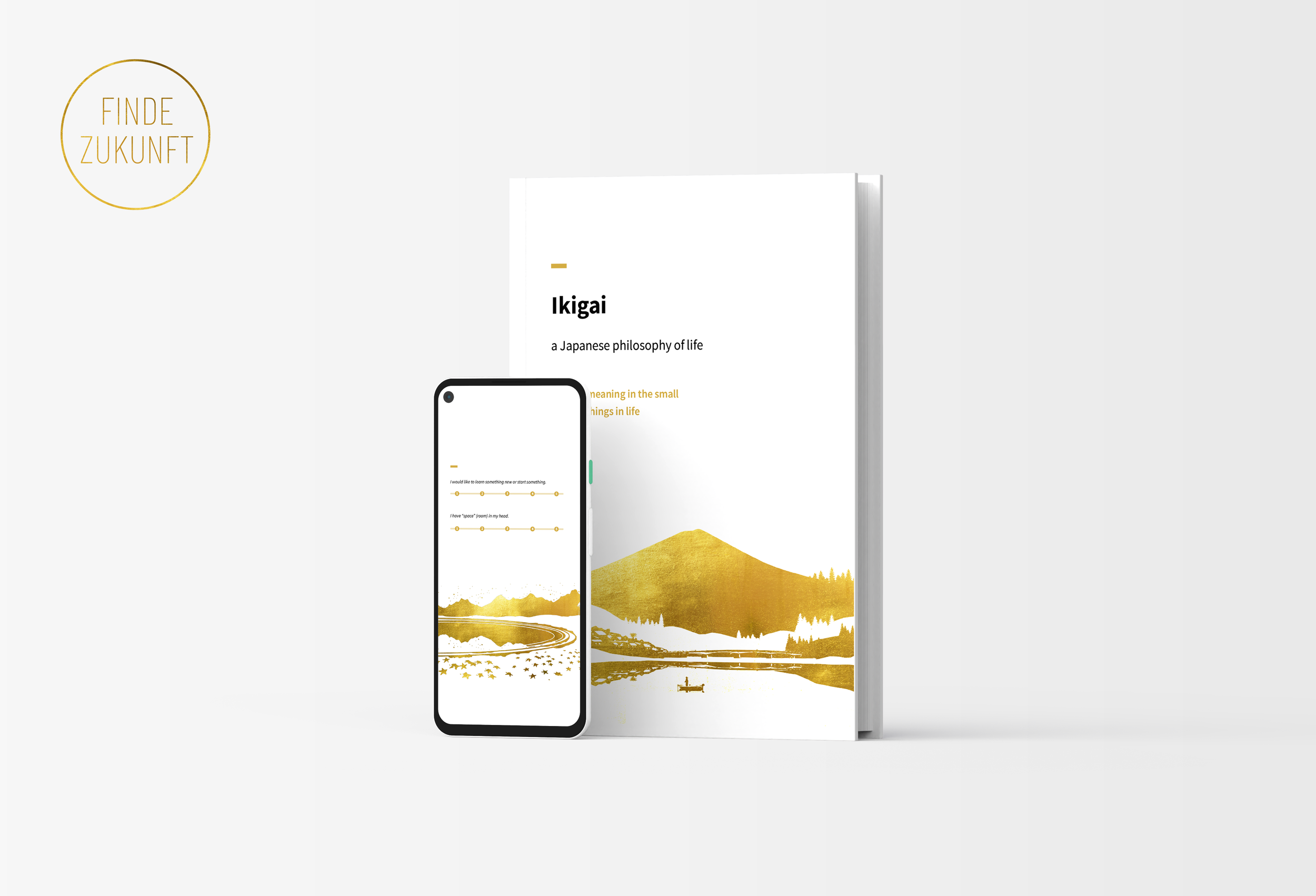Happiness and Ikigai: It's About the Little Things.
How relationships in your adulthood determine your happiness
In our pursuit of happiness and fulfillment, we often overlook the significance of the little things—the small encounters and connections we have with others throughout our lives. These seemingly inconsequential moments can have a profound impact on our overall well-being and happiness, especially as we reach the later stages of life. By exploring the findings of the Harvard study on relationships, Robert Waldinger's insightful quote on the importance of small relationship encounters, the Blue Zones research by Dan Buettner, and the concept of Moais, we can unravel the key role that relationships play in our journey towards happiness and discovering our Ikigai.
The Harvard Study and the Power of Relationships
A study conducted by Harvard University reveals the profound connection between our relationships and our overall well-being. The research, led by Professor Robert Waldinger, explores the influence of various types of connections, including marital status, friendships, and community involvement, on our happiness and longevity. The study emphasizes that it is not the quantity of relationships that matters, but rather the quality and depth of our connections.
The Importance of Small Relationship Encounters
In his TED Talk, Robert Waldinger shares a poignant insight about the significance of small relationship encounters in our lives. He states,
"Many people think that when we talk about relationships, we talk about intimate relationships, romantic partnerships, and some people ask, 'If I don't have an intimate partnership, am I out of luck?' And what we find is absolutely not, you're not out of luck.
There are so many relationships that nurture us and that give us this benefit of well-being: relationships with friends, relationships with relatives, family, work relationships can be hugely important, and also more casual relationships, like the person who delivers your mail or the person at the grocery store who you see every week who checks you out, the barista who you get your coffee from at Starbucks or Dunkin Donuts."
The Influence of Friends on Healthy Habits:
Dan Buettner, the researcher behind the Blue Zones project, highlights the impact of our social circle on our behaviors. He states, "The people you surround yourself with influence your behaviors, so choose friends who have healthy habits. A long healthy life is no accident." This insight reminds us that our friendships and social connections have a significant role in shaping our lifestyle choices and overall well-being. When we surround ourselves with individuals who prioritize healthy habits, we are more likely to adopt and maintain those habits ourselves.
Blue Zones and the Secrets of Longevity
Blue Zones are regions in the world where people tend to live longer, healthier lives. These areas have drawn the attention of researchers and have provided valuable insights into the factors that contribute to longevity. One common thread among Blue Zones is the emphasis on social connections and community support. These communities prioritize relationships, nurturing strong bonds with family, friends, and neighbors.
Moais – Lifelong and meaningful communities in Japan
Cultivating Lifelong Relationships: One intriguing example of the power of relationships can be found in the concept of Moais. Originating in Okinawa, Japan—one of the original Blue Zones—Moais are social support groups that form in childhood and extend throughout individuals' lives. Originally created for financial support, Moais have evolved into a tradition of companionship and mutual assistance. These groups, typically consisting of about five individuals, meet regularly to share experiences, offer advice, and provide support in times of need.
Relationships and Ikigai
In the pursuit of Ikigai, the Japanese concept of finding purpose and meaning in life, relationships hold a central place. Mieko Kamiya, an advocate of Ikigai, emphasizes that one of the seven "Ikigai needs" is resonance—a deep connection with others.
By fostering meaningful relationships and surrounding ourselves with individuals who align with our values and goals, we enhance our sense of purpose and satisfaction in life.
What does this say?
"A friend of mine asked me how many times a year you see your parents. I said, you know, maybe once, and he said, okay, so you're going to see them 15 more times before they die. I remember hearing that and feeling like I got punched in the gut. - Sahil Bloom (Podcast with Ali Abdaal, 9 Systems for Building a Life of Abundance)
In our quest for happiness and fulfillment, we are invited to recognize the influence of relationships above all the other "bigger things", that we might seek. Yet, a lot of people chase money, fame and other status symbols and tend to forget about their relationships.
The Harvard study reminds us, that it is the quality of our connections that matters most. Robert Waldinger's quote highlights the importance of cherishing small relationship encounters that bring us joy and energize us. Dan Buettner's Blue Zones research reveals the impact of our social circle on our behaviors and longevity. The concept of Moais in Okinawa demonstrates the power of lifelong relationships and community support.
By nurturing our relationships and embracing the little things, we can embark on a path towards happiness, discovering our Ikigai, and living a life filled with purpose and meaning.
Remember, it's not just about the big moments; it's about the little things that create a tapestry of joy throughout our lives.
„Maybe it is not about the quantity of relationships, but about the quality of our awareness for our small and bigger encounters that we are gifted every day.“



